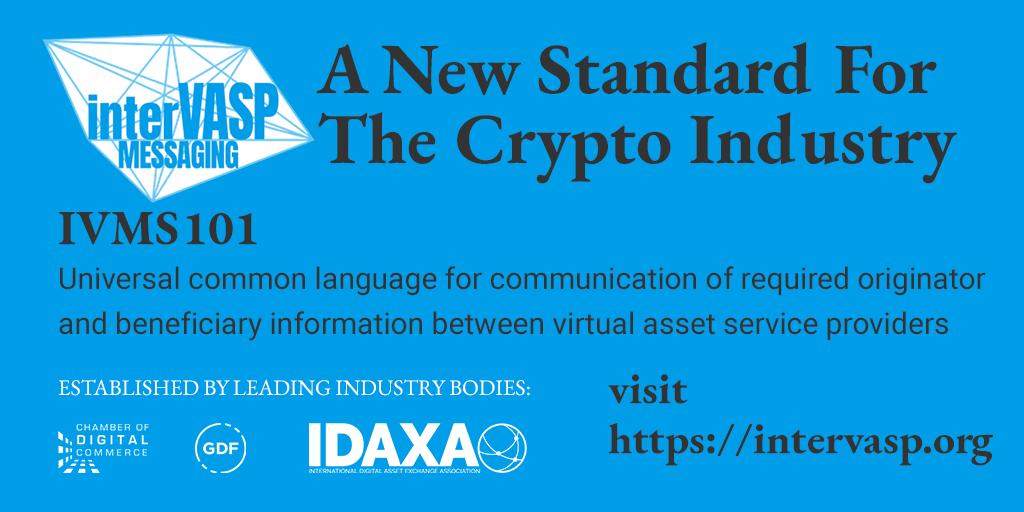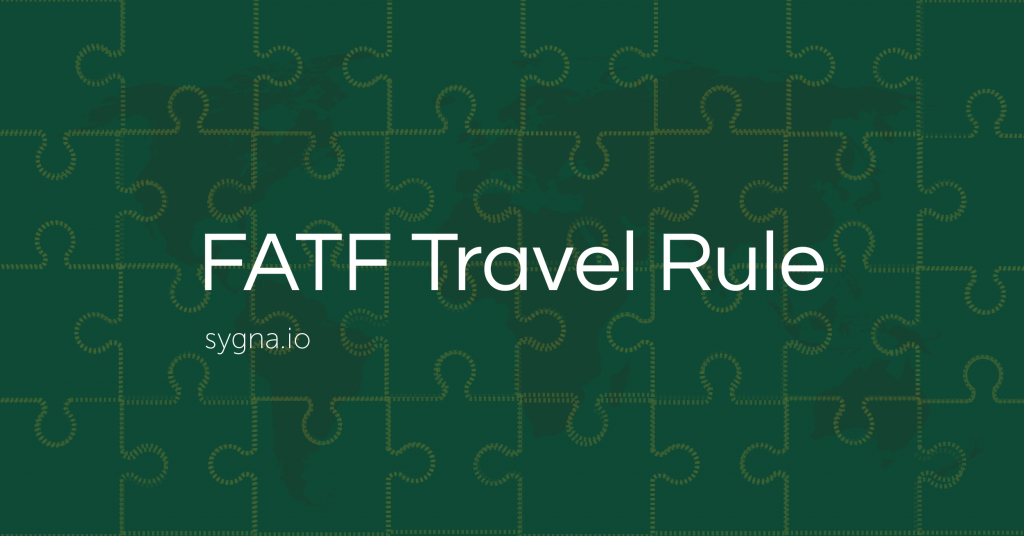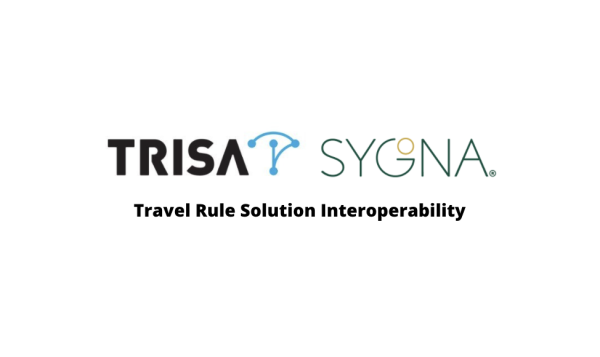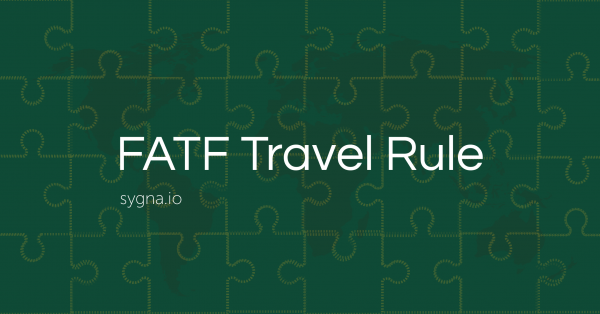Table of Contents
- Overview
- What is the FATF Travel Rule Review?
- How are VASPs affected by FATF’s June Travel Rule deadline?
- How will the FATF June Plenary conduct its FATF Travel Rule review?
- What is the FATF Travel Rule “Sunrise” problem?
- Which countries currently have FATF Travel Rule frameworks?
- What happens after FATF’s Travel Rule Review?
- What is the FATF’S June Plenary 2020 Calendar?
- Conclusion
Overview
June 2020 has finally arrived and brings with it the Financial Action Task Force’s dreaded “Travel Rule” review deadline. On June 24, 2020, the FATF will hold its annual June plenary, which will this year be a virtual affair due to the COVID-19 pandemic.
June 2019’s updated Recommendation 16 for virtual asset service providers (VASPs) will once again command center stage at 2020’s mid-year plenary, as the FATF’s 12-month review process reaches its conclusion.
As the FATF plenary approaches, crypto regulation leaders have pointed out that the non-binding FATF Travel Rule is causing the majority of member countries significant teething problems.
As a result, it will require time and effort for crypto regulators to globally overcome implementation hurdles such as the “sunrise” problem (discussed further down).

Michael Ou, CoolBitX founder and CEO, recently explained that only 10% of FATF member countries currently have regulations in place to satisfy the Recommendation 16 Travel Rule, though progress is being made by other countries.
CoolBitX is now testing its Sygna Bridge technical solution with exchanges in Japan, Korea, and other countries, and will integrate the Joint Working Group’s new InterVASP Messaging Standard (IVMS101) next month.
Siân Jones, XReg Consulting Senior Partner and influential convener of the JWG, considers the deadline “a bit of a myth” and believes that it will take years for all jurisdictions to come on board.
Despite these anticipated delays and slow adoption, both Ou and Jones predict a big jump in VASPs implementing suitable solutions before the end of 2020.
Here are 7 important issues that VASPs should stay on top of:
1. What is the FATF Travel Rule?
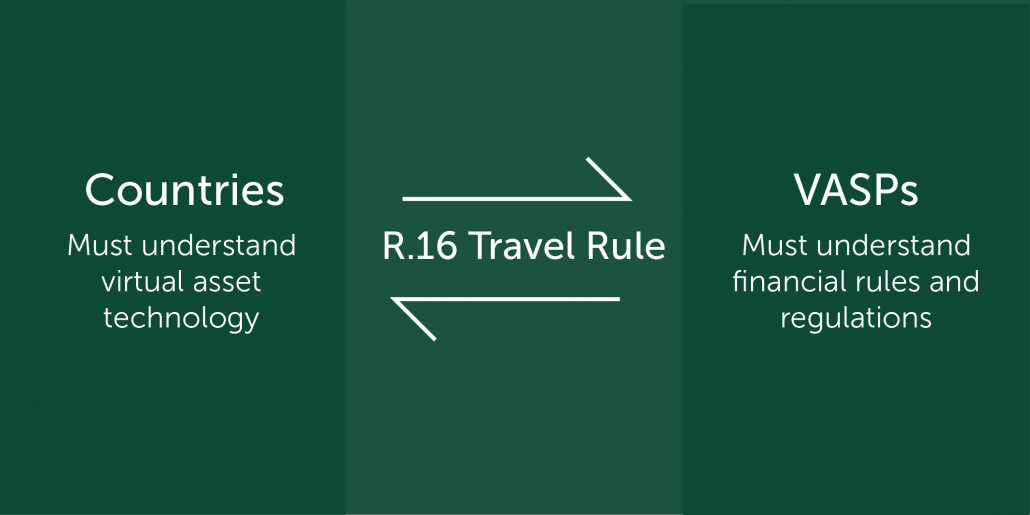
The FATF’s Recommendation 16 now requires FATF’s 200+ member nations to ensure their VASPs, virtual asset service providers like crypto exchanges, share compliant user data with each other by June 2020.
Known colloquially as the “FATF Travel Rule”, the non-binding guidance was adopted during June 2019 by the FATF in its “Risk-based Approach to Virtual Assets and Virtual Asset Service Providers”.
2. How does FATF’s Travel Rule deadline impact VASPs?
FATF’s Recommendation 16 is an obligation on FATF’s 200+ affiliated member countries to develop local crypto frameworks that will regulate virtual exchanges.
Therefore, individual VASPs are only indirectly impacted by June’s R.16 compliance deadline. Each crypto asset service provider should refer to their country’s respective anti-money laundering (AML) regulatory framework and comply with it.
3. How will the June Plenary conduct its FATF Travel Rule review?
The FATF’s June 2020 review will essentially take stock of countries’ actions since June 2019.
Member states will report back on the measures their jurisdictions have taken to ensure compliance with Recommendations 15 (New Technologies) and 16 (Wire Transfers).
Countries will have to prove to the Plenary that they’ve made progress with domestic regulatory frameworks that foster authentic VASP compliance with the FATF Travel Rule.
Failure to do could expose them to “increased monitoring”, a euphemism for FATF’s feared graylist and blacklist of non-cooperative countries.
The FATF’s reach extends to all corners of the globe- while it has only 39 full members, over 200 countries are affiliated with it through 9 FATF-style regional bodies (FSRBs) such as the Asia-Pacific Group.
4. What is the FATF Travel Rule “Sunrise” problem?
FATF member countries have reacted very differently to the FATF Travel Rule globally, with only a few nations taking the initiative, while others took a more cautious wait-and-see approach.
This will result in the “sunrise” issue, where countries will implement the Travel Rule months, possibly years, apart. Countries will balance their crypto regulatory frameworks against domestic legislation, infrastructure and market considerations.

Michael Ou believes that member states will continue to interpret FATF’s recommendations differently, at the possible detriment of VASPs.
“There are currently several Travel Rule solutions in the market, each of which requires adequate due diligence and implementation. If left too late, exchanges will find themselves racing against the clock.”
The sunrise problem will potentially make it troublesome and risky for VASPs from early adopter nations to do business with exchanges in laggard jurisdictions.
This should be a huge concern for all VASPs and could see non-compliant crypto exchanges eventually being shunned by their peers.
Sian Jones has also voiced her concern on the lack of consistent regulatory standards that VASPs from different countries will be subjected to and foresees that it may take years for all FATF’s members to fully comply with the complex recommendations.
5. Which countries have implemented FATF Travel Rule regulations so far?
Many countries and jurisdictions have now published frameworks and legislation that will require crypto asset service providers (CASPs), another name for VASPs, to register for domestic operating licenses.
These include the likes of Japan, South Korea, Singapore, Canada, South Africa, the Cayman Islands, and Switzerland.
The United States’ Bank Secrecy Act (BSA) travel rule and 2019 FATF presidency provided the genesis for the R.16 update, is already enforcing the info-sharing requirement through its Financial Crimes Enforcement Network. FinCEN set up its 2020 crypto regulation in 2019 already.
Over in Europe, the E.U.’s January 2020 deadline for transposing its 5th Anti-Money Laundering Directive (AMLD5) has added pressure on EU nations to adopt crypto regulatory frameworks.
The Travel Rule requirement has also put European countries and their VASPs on a collision course with Europe’s General Data Protection Regulation (GDPR).
Trying to comply with both AMLD5 and the GDPR is leading to varied results across Europe. While Germany’s BaFIN regulator issued a Travel Rule-conforming guidance in March 2020, the UK’s Financial Conduct Authority (FCA) will take more time to develop its local framework. Meanwhile, the Netherlands’ strict new AMLD5 regulations have been criticized and led some exchanges to seek greener pastures.
6. What happens after the FATF’s Travel Rule Review?
Michael Ou expects the FATF to only reiterate their guideline expectations on member countries during the plenary.
This will help ensure that more VASPs can work with greater confidence towards firm Travel Rule compliance deadlines in each country following the June plenary.
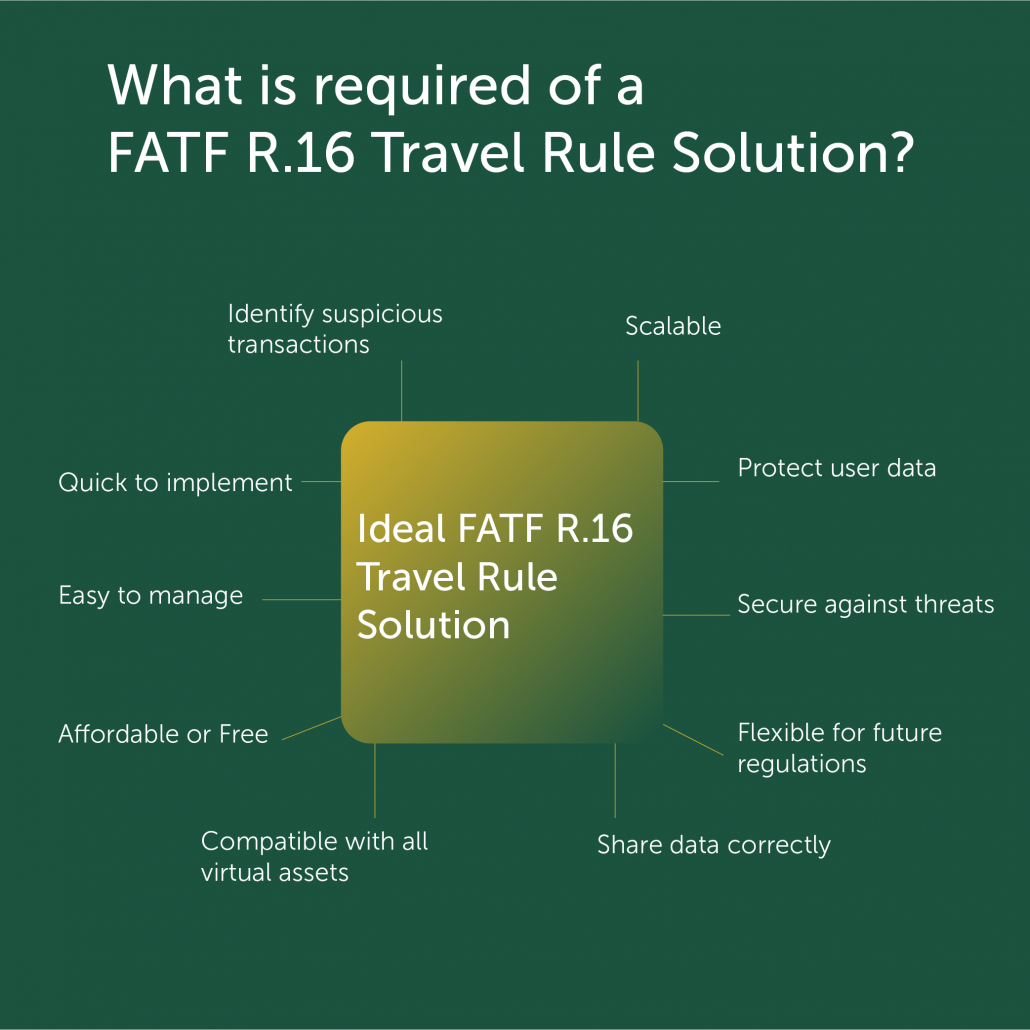
7. What is the FATF’S June Plenary 2020 Schedule?
Due to the COVID-19 pandemic, FATF’s Private Sector Consultative Forum (PSCF) has been postponed and will now only take place on 1-2 September 2020. This is a disappointing turn of events for VASPs and other stakeholders who were hoping to have the FATF’s ear prior to their June plenary.
However, the FATF Contact Group, which consists mainly of regulators, blockchain association leaders, legal experts, and a few technical solution providers (TSPs), will meet on 16 June.
The working group will survey the Travel Rule landscape and discuss how the crypto industry has responded with solutions.
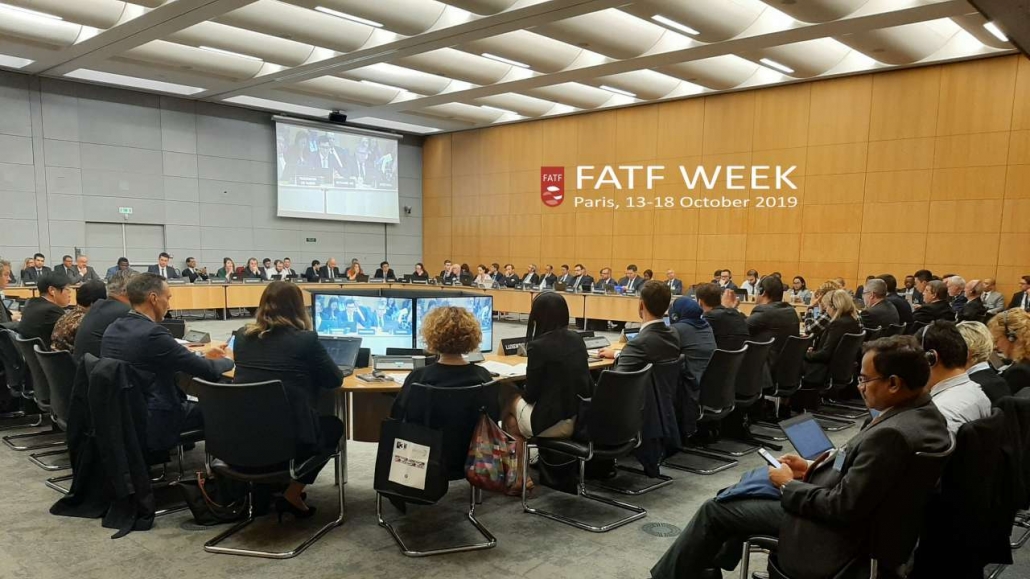
Here’s the FATF’s June 2020 schedule:
| Date | Virtual Meetings |
| 6/16 | ICRG (International Cooperation Review Group) Working Group |
| 6/18 | RTMG (Risk, Trends and Methods Group) Working Group |
| 6/19 | 32nd Special Eurasian Group (EAG) Plenary |
| 6/24 | FATF June Plenary |
Conclusion
The FATF June plenary will provide a stock-taking exercise to measure the progress that countries and their VASPs have made in implementing the R.16 travel rule.
It will by no means be conclusive though, due to the complexity of the guidance, and will merely be the first milestone in a regulatory process that will take years to implement in all FATF member countries.
This should however not sway VASPs into a false sense of security that they have years to comply with incoming crypto regulations. The Travel Rule will almost certainly be as much of an institution in the crypto industry as it is in traditional finance within a few years, and will be followed by other regulations.
VASPs still have time to implement AML solutions to fortify their operations and by staying up to date (and ahead) of crypto regulations. As the “sunrise” problem gradually resolves itself, non-compliant VASPs will find themselves in increasingly murky legal waters, and find fewer and fewer industry peers willing to do business with them.
Therefore, it is vital they get in touch with a technical solution provider as soon as possible and begin to chart the course toward compliance.
CoolBitX’s Sygna Bridge offers such a solution. The growing alliance network allows VASPs to identify each other with a simple SWIFT-style user code and share compliant privacy secure PII data off-chain during transmittals.
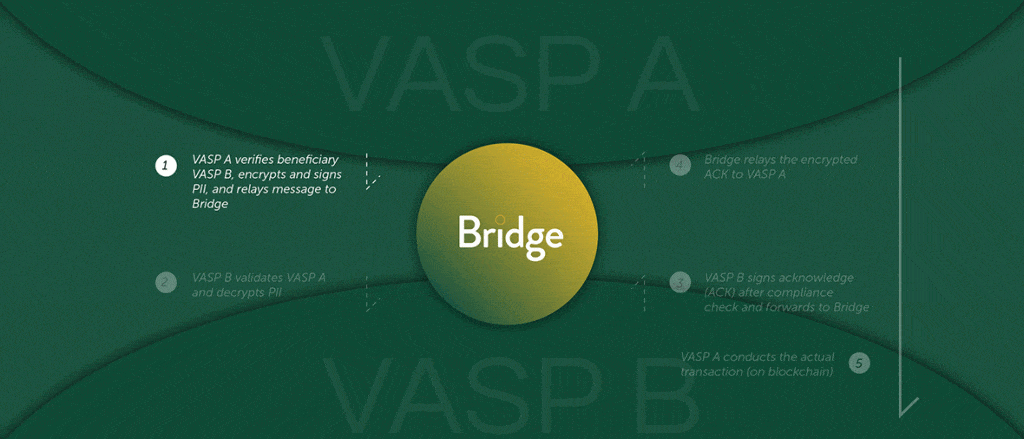
Member VASPs can integrate fully with Sygna’s API within 2 to 4 weeks, and testing can be done through the Sygna Bridge Robot VASP debugger.
To learn more or request a demo or meeting, please get in touch with CoolBitX at info@sygna.io.
